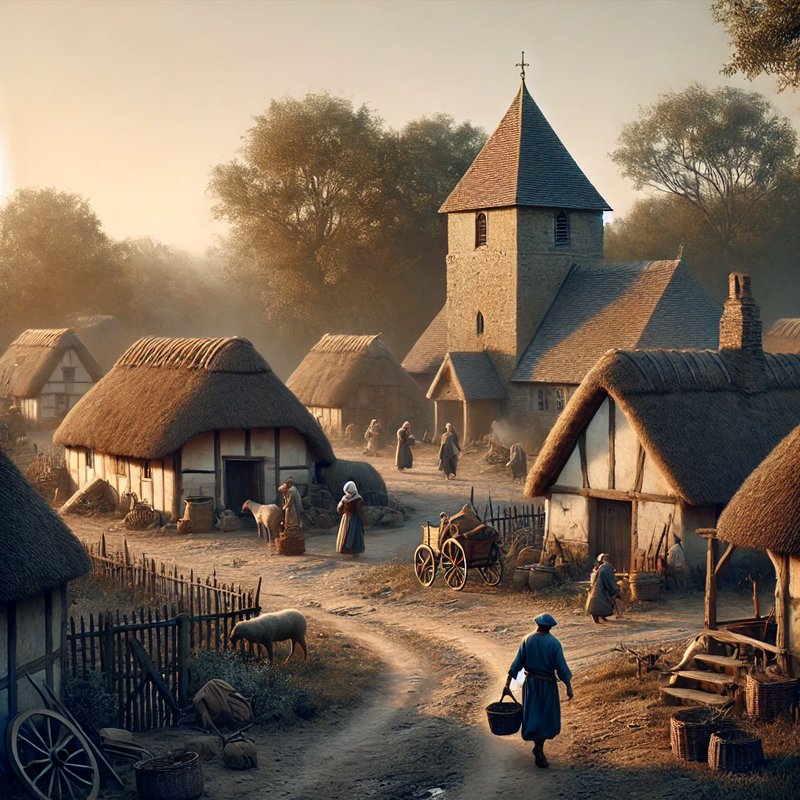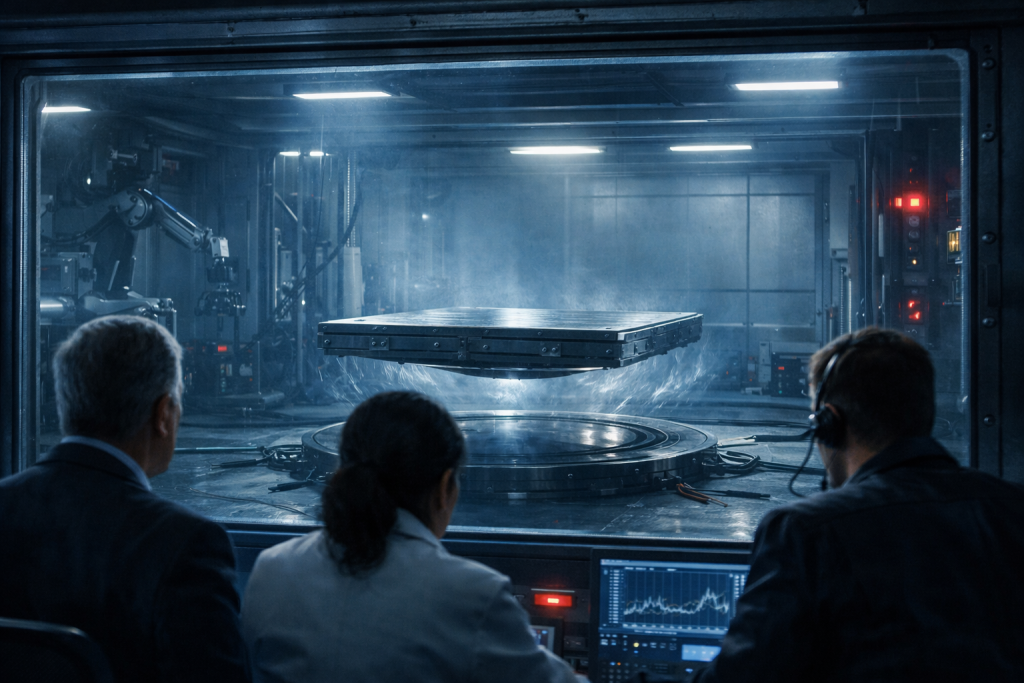In Cast in Time – Book 1, Baron, the protagonist is thrust into the role of a medieval baron, a position that challenges his modern sensibilities and forces him to adapt quickly to an unfamiliar world. This blog post will offer a fascinating glimpse into how he navigates the complexities of medieval society, blending contemporary knowledge with an appreciation of the local culture. We will also explore his journey of leadership, his relationship with religion, and his efforts to bring change to the village he now governs.
The Power of Adaptation: Learning to Lead in a New Era
Our protagonist steps into a world that is not only foreign but also fundamentally different from the one he knew. Early in the book he confronts the harsh reality of poverty, starvation, and limited resources. Rather than ignoring these issues, he takes a proactive approach, meeting with Father Timothy, a young priest who struggles to care for the village’s poorest residents. This encounter sparks the protagonist’s first major decision as a leader: hiring Father Timothy as the Keep’s Chaplain and ensuring that no one in the village would starve that year.
This decision signifies a drastic departure from the attitudes of the ex-Baron, who saw the impoverished as “useless mouths.” By committing resources to feed the community, our modern-day hero demonstrates empathy, compassion, and a willingness to challenge established norms. His efforts to create new jobs for even the blind, lame, and simple-minded speak to his desire to find value in every individual, regardless of their circumstances.
Religion and Community: A Beacon of Hope and Change
Father Timothy emerges as a pivotal character in these chapters, representing the intersection of faith and social responsibility. His dedication to serving the poor despite his own lack of resources touches the protagonist, who recognizes that the priest’s commitment can be harnessed for the greater good. By offering Father Timothy a steady income, the protagonist ensures the priest’s continued service to the community, reflecting a symbiotic relationship between the Church and the Barony.
The protagonist’s approach to faith is not merely about spiritual guidance; it’s practical and rooted in improving daily life. For instance, he introduces the concept of cleanliness, subtly leveraging biblical references to encourage hygiene among the villagers. By framing the need for sanitation in a religious context, he bridges the gap between medieval beliefs and modern practices, ensuring that change is embraced rather than resisted.
Economic Innovations: Building a Sustainable Future
One of the most intriguing aspects of the protagonist’s leadership is his understanding of economics and resource management. His decision to buy up all the grain that usually passes through to Saltash, ensuring that it stays in the village, showcases a strategic mindset that challenges the established economic structures of his time. This action not only secures food for the village but also increases the price of grain in Saltash, indirectly affecting the wealthier Bishop, who failed to support the struggling parish.
The protagonist’s foresight extends to his interactions with the local Monastery. Recognizing that the monks possess valuable skills in manuscript copying, he proposes that they expand their work to include non-religious texts, such as technical manuals. This idea is revolutionary in a time when written knowledge is scarce and often limited to religious themes. By introducing the concept of movable type and demonstrating how it could revolutionize the copying process, the protagonist sets the stage for a potential information boom in the Barony.
The Challenge of Gathering Knowledge: The Introduction of a Census
The protagonist’s desire to gather information about the Barony leads him to introduce the idea of a census. This concept, foreign to John, his steward, and the monks, demonstrates the protagonist’s forward-thinking approach. He understands that effective governance requires accurate data on the population, resources, and agricultural practices.
By enlisting literate monks to conduct the census, the protagonist ensures that the process will be both thorough and efficient. This decision also strengthens ties between the Barony and the Monastery, creating a mutually beneficial relationship. The use of Arabic numerals and a structured questionnaire reflects the protagonist’s modern background, hinting at his desire to build a more organized and prosperous society.
Overcoming Resistance: Changing Attitudes Towards Sanitation and Health
One of the most striking themes in the book is the protagonist’s determination to improve hygiene and sanitation. His plan to collect the village’s waste and move it away from the water supply meets resistance, but he cleverly uses the concept of “cleanliness is next to godliness” to persuade the villagers. This tactic not only reinforces the importance of sanitation but also aligns with the villagers’ existing beliefs, making it easier for them to accept change.
His willingness to address concerns—such as the potential impact on those living downstream—demonstrates a thoughtful and inclusive leadership style. By suggesting the use of quicklime to treat waste and exploring its potential as fertilizer, he hints at even greater innovations to come, laying the groundwork for a healthier and more productive community.
Balancing Modern Knowledge with Medieval Realities
Perhaps the most captivating aspect of the protagonist’s journey is his struggle to introduce modern ideas without overwhelming or alienating those around him. He recognizes that patience is crucial, choosing to introduce changes gradually while allowing others, like Father Timothy and the senior Monk, to take credit for certain innovations. This strategy not only builds trust but also ensures that these advancements are accepted and sustained long-term.
His decision to sell land to farmers, rather than simply collecting rent, reveals a belief in the power of personal ownership and investment. By aligning his goals with the villagers’ interests, he fosters a sense of collaboration and shared purpose.
A Leader Ahead of His Time
In “Cast in Time – Book 1, Baron” the protagonist’s journey from a displaced modern individual to a competent medieval leader unfolds with remarkable depth. His approach to governance, blending compassion with innovation, sets him apart from the ex-Baron and establishes him as a forward-thinking ruler. By leveraging his knowledge of history, economics, and science, he not only improves the lives of his subjects but also begins to reshape the very fabric of his society.
This blog post highlights just a glimpse of the rich narrative and thoughtful world-building found in “Cast in Time – Book 1.” As the story progresses, readers can look forward to seeing how the protagonist continues to challenge the status quo and redefine what it means to be a leader in a time long past.



